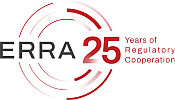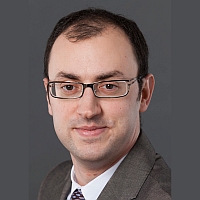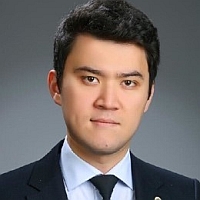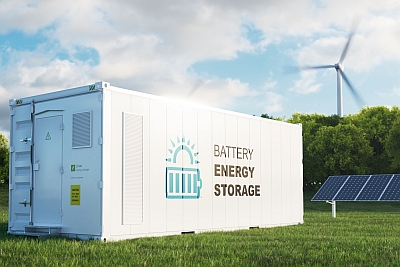
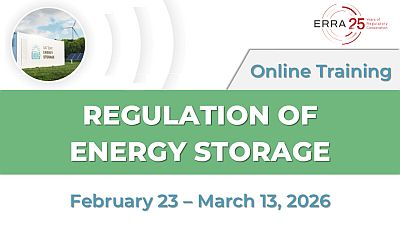
The 3-week online course aims to provide participants with the necessary understanding of energy storage and its role in the power system. It covers the level at which energy storage can be embedded from distribution to transmission, as well as the economics and business models behind energy storage today, and the characteristics of power systems that make energy storage suitable for them.
Key topics of the Course:
- Energy Storage and its Role in the System
- Market Design for Energy Storage
- Grid Regulation for Energy Storage & Storage Markets
This course is eligible for 10 CER credits. More information on the Certified Energy Regulator (CER).
Course Agenda
- Introduction of Training Participants
- Course introduction – Explanation of course structure, topics and deliverables
The first week in the course sets the scene on energy storage and its role in the power system. It covers the following:
- At what level in the power system energy storage can be embedded from distribution to transmission level.
- The economics and business models behind energy storage today, and the characteristics of power systems that make energy storage suitable for them.
The second week guides participants through the following topics:
- The design of energy storage regulation.
- Wholesale and ancillary power markets, with the aim to define what regulatory measures should be put in place in order to foster energy storage in these markets.
- Other aspects of regulation such as energy taxes and support to RES that have an impact on energy storage activities.
The third week of the course covers the regulatory measures needed at the grid level to support the deployment of energy storage, and the regulatory regime around grid operators in their relationship with energy storage. It concludes by providing an overview of contractual structures around energy storage and market trends across Europe, the USA, and Australia and the respective regulatory approaches.
For detailed agenda please contact the ERRA Secretariat.
Methodology
The training is based on a self-paced collaborative e-learning platform that features a combination of real-time interactive presentations by the instructors, online tutoring at pre-announced times, reading material related to the course modules and case studies. The course will also include the weekly quizzes and a voluntary paper that needs to be submitted at the end of the course.
Proposed average weekly engagement: 6-8 hours
Course Faculty Team
Course Director's Invitation
I would like to take the opportunity to welcome you personally to the Training on Regulation of Energy Storage.
The course will take you through a comprehensive journey on what type of regulation is required to foster energy storage, how to design it, and how this interacts with other regulations in the energy sector. Regulation for energy storage encompasses in fact several parts of the wider energy regulatory framework, and therefore requires to take a close look at the regulatory changes needed across all of them, in order to properly support energy storage deployment. In this respect, the course will allow you to learn how to think critically on regulatory issues around storage, and how to design regulatory solutions that are fit for the market or regulatory framework you are working into.
As background to regulation on energy storage, the course will also cover business models on energy storage projects that are emerging across markets. This is paramount to have the proper understanding on how businesses and regulation are interacting as the energy storage sector evolves, and how regulation can impact such business models.
I look forward to starting the course with you with an introductory session.
Registration
Early-Bird Rates
ERRA Full Members
ERRA Associate Members
Non-ERRA Members
Standard Rates
ERRA Full Members
ERRA Associate Members
Non-ERRA Members
